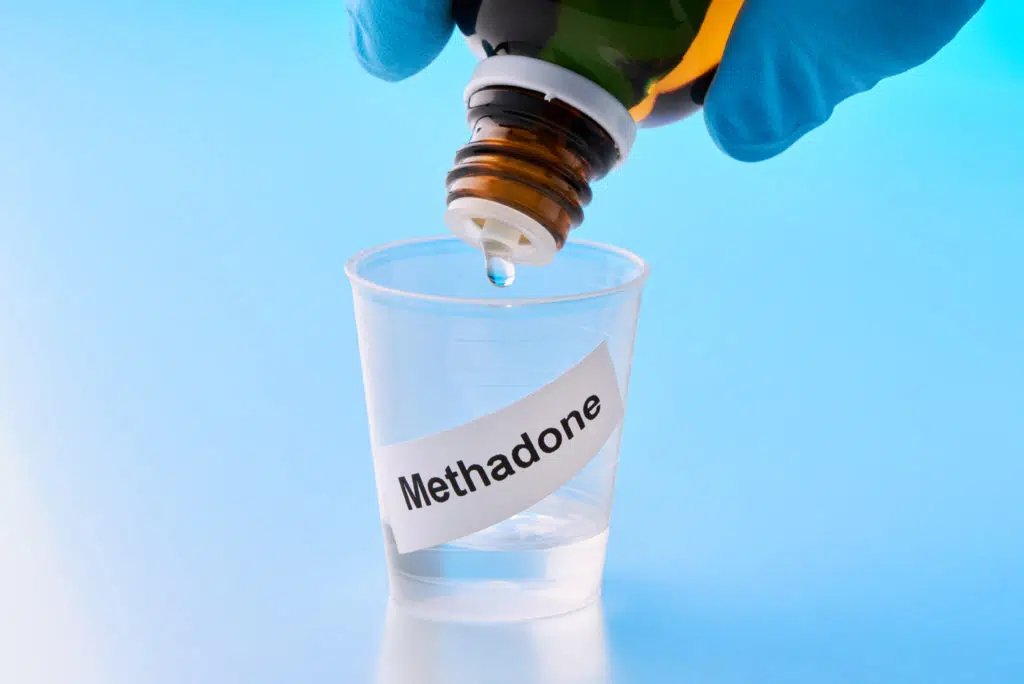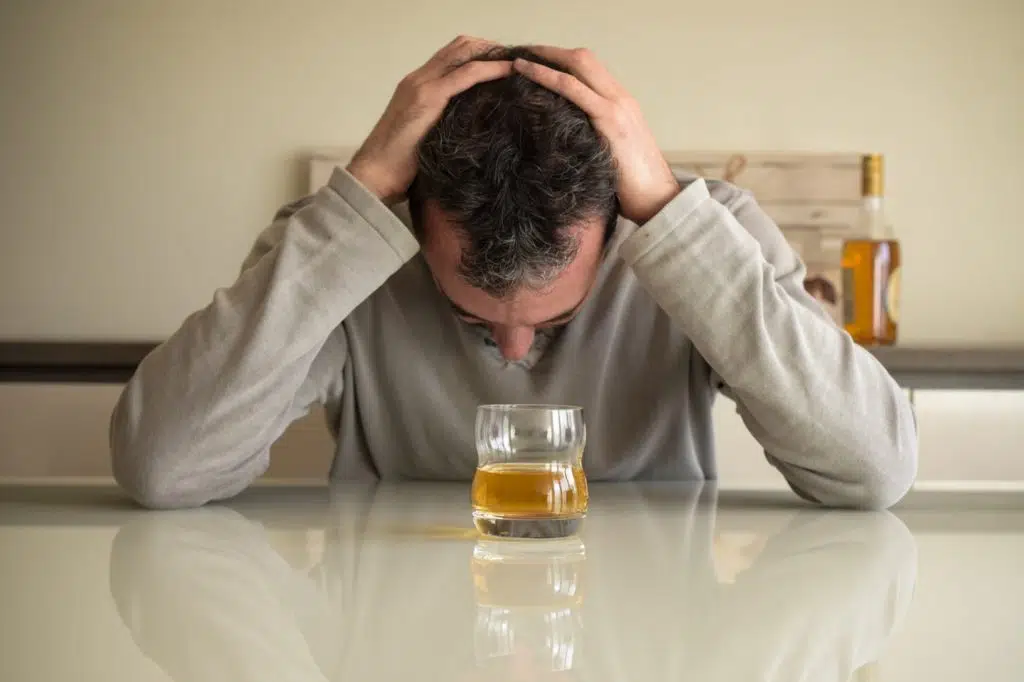Has a friend or loved one recently developed an opioid use disorder due to heroin? If so, you may notice significant changes in their behavior, demeanor and overall physical appearance. Getting them help now is crucial to their well-being.
The best option to treat opioid addiction is through comprehensive rehabilitation treatment, involving prescription medication such as methadone.
If you’ve recently been prescribed methadone or believe it could be a good option for you or someone you love, understanding what it is, how it works and the side effects associated with it is imperative to sustaining a long-term recovery long after opioid use disorder.
Let’s dive deeper into what methadone is and how it works to treat heroin addiction.
Understanding heroin addiction
Heroin is an opioid drug derived directly from morphine, a natural substance extracted from the poppy seed plant often found throughout Asia, Mexico and Colombia.
It is classified as a depressant commonly consumed and abused for its strong sedative effects. It is considered one of the most addictive substances available today. Heroin can be a white or brown powder and sometimes can be found as a black sticky substance known as black tar heroin.
Those addicted to heroin sniff, snort inject or smoke the drug. Once ingested, heroin enters the brain rapidly and binds to opioid receptors throughout the body, especially those involved in feelings of pain and pleasure. It also significantly affects a person’s heart rate, breathing and sleep pattern.
Heroin is a highly addictive and dangerous drug with a high risk of overdose and death. In fact, opioids, like heroin, are a factor in 7 out of 10 overdose deaths in the United States.
If you are struggling with heroin or opioid addiction, methadone is a viable treatment option to consider for long-term recovery.
What is methadone?
Methadone is used to relieve severe pain for those experiencing withdrawals from opioid-based medications. It may come in a tablet or liquid form.
Methadone is an FDA-approved medication used to treat opioid use disorder. Methadone helps those struggling achieve and sustain long-term recovery if used as prescribed. It is important to note that methadone should be used in conjunction with a long-term treatment plan that includes counseling and other behavioral health therapies.
What does methadone do?
Methadone is a safe and effective drug that works by reducing and removing opioid cravings, stopping withdrawals and blocking the effects that a person would usually feel from opioid usage.
Common side effects of methadone use
Although methadone is relatively safe if taken as instructed, there are common side effects to take note of, including:
- Restlessness
- Nausea
- Vomiting
- Slowed breathing
- Itchy skin
- Sweating
- Constipation
- Sexual problems
Other less common symptoms include:
- Difficulty breathing
- Lightheadedness
- Fainting
- Swelling of the face, lips, tongue, or throat
- Hives
- Chest pain
- Rapid heartbeat
- Confusion
- Hallucinations
Who prescribes methadone?
Doctors and addiction professionals prescribe methadone during recovery treatment and rehabilitation.
For most, methadone is often given in single dose increments to ensure that it is being used as prescribed. For those who do have a prescription that allows at-home intake, it is imperative to follow the specific instructions provided by your health care professional.
How long should you take methadone?
Methadone prescriptions are based on the individualized needs of each patient. Although timelines may vary by person, the suggested minimum timeframe for methadone use is 12 months. Some patients may benefit from extended use based on their long-term recovery goals and opioid-induced symptoms.
Substance use disorder treatment near you
If you or someone you know is struggling with opioid addiction, Miramar Recovery offers state-of-the-art heroin addiction treatment, including the prescription of methadone, based entirely on your unique needs and long-term recovery goals.
Don’t delay treatment. Call 949-649-7264 to get started today on a healthier, more sober tomorrow.




